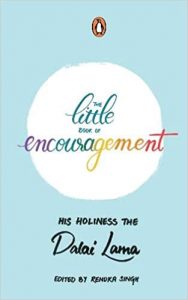It all started with a question- why should the dialogue between a writer and a reader become merely a function of money? Manoj Pandey and Nidhin Kundathil, the founders of an initiative called Stick.Lit, took it upon themselves to make literature more accessible to people. Excerpts from a chat with Bookedforlife…
What were the main questions that prompted the genesis of Stick.Lit?
It just surfaced, because enough was enough. In this case it was the abuse of talent and passion by institutions of art and literature.

Stick.Lit is an initiative by ANTI, a network of Anonymous Artists and Writers. What is the goal of ANTI?
It’s two-fold. Firstly, to make literature more accessible to a common man. To not let a piece of writing or art be in the hands of the institutions. In short, to question why the dialogue between a writer and a reader has become merely a function of money.
What does the initiative involve? If I understand correctly, it involves choosing a piece of writing and printing it out in order to ‘stick’ it in public places, for the benefit of all, thus removing the elite element out of literature, and in essence bringing it to the masses.
I call this process ‘Scraping through the varnish of the elites.’ In other words, shaking the fundamentals of the institutions that have given in overtime to the forces of market.

Where are your members based?
London. Amsterdam. Chicago. Across continents.
How can interested readers participate in the Stick.Lit movement?
By writing to us on the address mentioned on our website.
What in your opinion has led to the literature becoming more elitist?
The premium created by the market. A book is not a bottle of cola. It’s absinth.
It has been about three months since you initiated this movement. Where do you see it go in the future? What are your future plans for this?
You’ll see it as it unfolds. We’re deliberating on beautifully designing ‘rejection letters’ sent out by these institutions and putting them out in public. For example, a rejection letter says: ‘We can’t publish you because you don’t have a substantial following.’
The Stick.Lit website has a section from where interested readers can download a set of stickers which have words and quotes from varied texts on them. The texts are currently available in English and Hindi. People can print and put them up anywhere, more so in public places where a wide section of people can read them. Probably the strength of this movement lies in the simplicity of the idea itself. What we do know for sure, this is a sure-shot way to make literature more accessible to a wider range of people.





